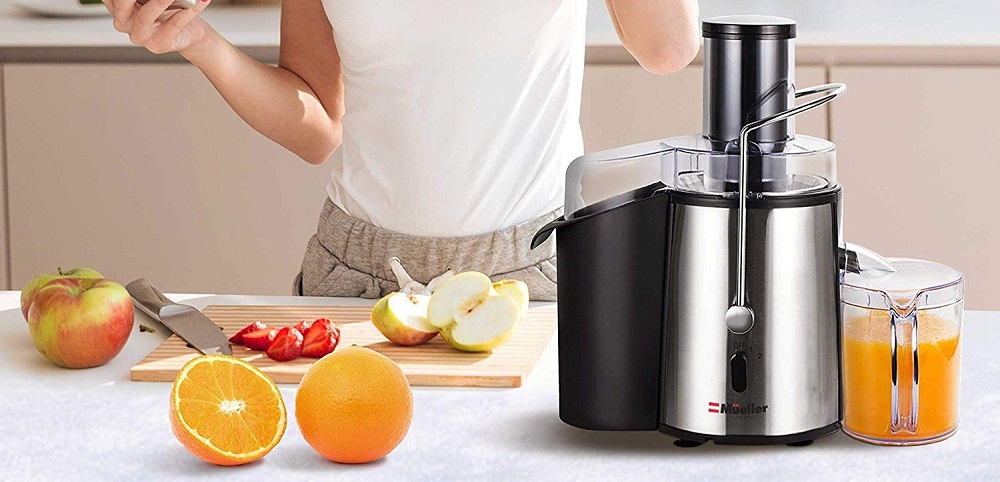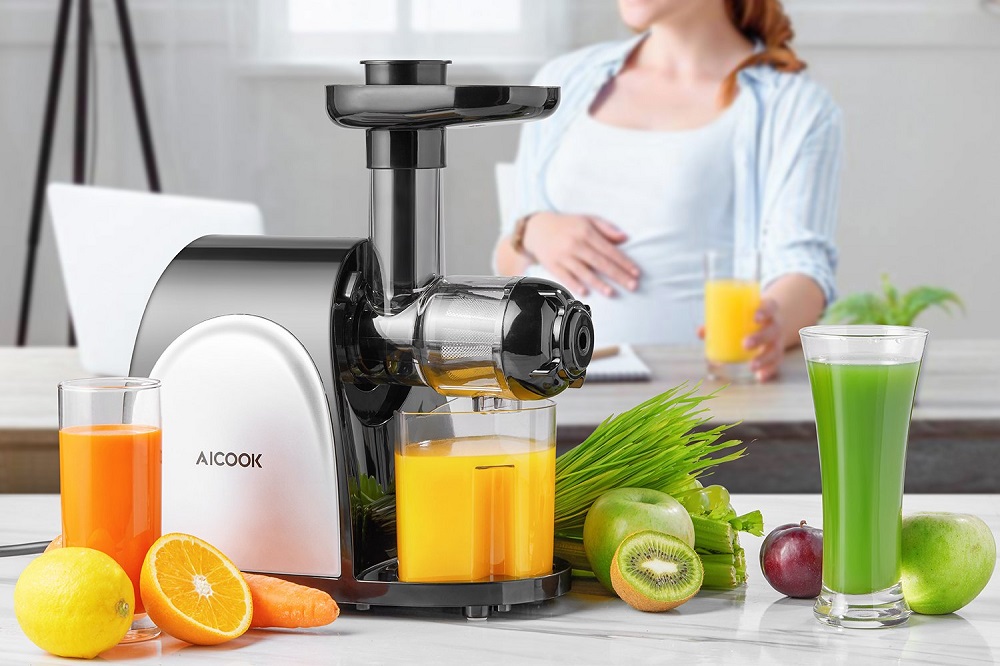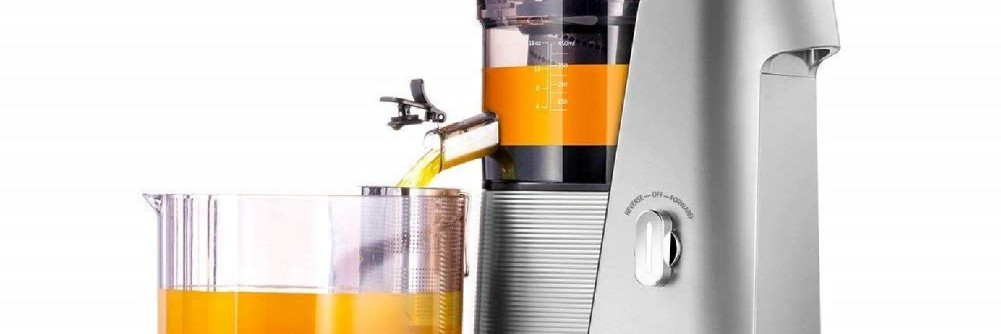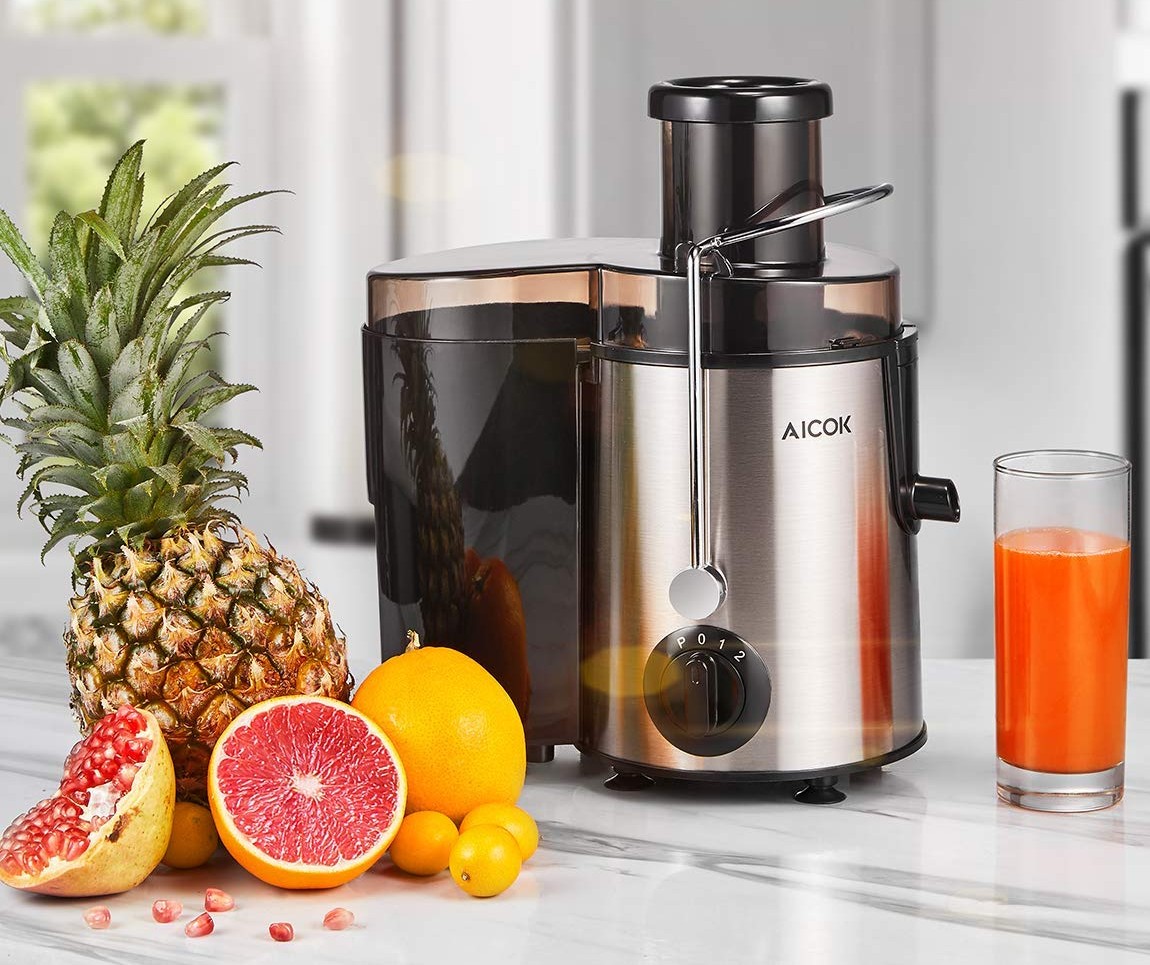With all the different models of juicers on the market today, selecting one can be very challenging. The reality is that juicers are divided into two; Centrifugal and Cold press juicers. Centrifugal juicers have been around for a long time and are still very popular today. Cold Press juicers were developed recently and are giving centrifugal juicers a run for their money, due to their high performance. So, how are Centrifugal juicers different from Cold Press juicers?

Mode of Operation
Centrifugal juicers are the most common type of juice extractors. They have a rotating flat blade that chops up the fruits and vegetables. The centrifugal force, together with the high RPM separates the juice from the pulp. The juice then sips through small outlets of the strainer basket to a container below, while the pulp is left as waste in the strainer basket. Some models feature a pulp ejector, which is just an area that expels pulp.
Cold Press juicers do not have blades. Instead, they use a masticating process to extract juice from the produce. They contain a screw auger that crushes and squeezes the fruits and vegetables to extract the juice. The process is quite slow in comparison to Centrifugal juicers. However, Cold Press juicers have a higher output. Furthermore, Cold Press juicers are more efficient when it comes to juicing leafy vegetables such as kale and spinach. Centrifugal juicers are only useful with fruits, but not entirely effective on vegetables.

Quality of Juice
While both juicers produce highly nutritious juices, the main difference is on the shelf life of both drinks. Juices made from Centrifugal juicers have a lower shelf life of only 24 hours. This is attributed to the fast spinning motion of the blades that results in oxidation of the juices.
Cold press juicers do not produce heat, and therefore, no oxidation process occurs in their juices. As a result, cold press juices have a longer shelf life of up to 72 hours.
You will notice significant differences between the two juices when they are kept side by side for 24 hours. A cold press juice will be consistent throughout, while a centrifugal juicer will separate into two layers due to oxidation.
The heat and friction caused by spinning blades in a centrifugal juicer also destroy enzymes and nutrients. The slow process of a cold press squeezes out all the juices, ensuring that all nutrients and enzymes are retained in the final drink. This means therefore that cold press juicers produce a more nutritious drink than a centrifugal juicer.
Furthermore, the spinning blade sucks air into the juicer, which finds its way into the juice. The result is a frothy drink that has an inconsistent texture compared to a cold press juice.

Ease of Use
Centrifugal juicers are relatively more comfortable to work with, as they require little prep time before the juicing process begins. They can take up large chunks of fruits and veggies without a problem and easily dissect them with the spinning blades.
Cold press juicers require small pieces of the produce for them to be effective. This process may be a bit tedious, but the little chunks increase the surface area for better extraction. Therefore, cold press juicers are slower than centrifugal juicers, because of the slow masticating process and prior prepping procedures. However, they produce 30% to 50% more juice than centrifugal juicers.

Affordability
Cold press juicers are far much expensive than centrifugal juicers. However, the benefits you will get from a cold press makes it a sound investment in the long run. Cold press juicers produce more juice that has more nutrients and vitamins and has a longer shelf life than centrifugal juicers.
The fact that a cold press uses less produce to extract the same amount of juice as centrifugal juicers make them very economical and reliable.
Furthermore, many cold press models are multipurpose devices. Aside from producing juices, some of them also produce pasta, noodles, sauces, and rice cakes. A cold press takes away the need for various kitchen appliances.

Overall
The cold press is the clear cut winner in this case. It produces the preferred beverage that also lasts longer. Furthermore, it has other functions, such as making pasta and sauces and as a result, it is far much convenient and economical.
Although cold press juicers are a bit expensive, the functionalities of these devices justify the prices. This does not mean however that centrifugal juicers are not good. They are also efficient in their own right, and this is the reason why they are still trendy after so many years. They are the go-to juicers if you prefer fast juicing without much prior prepping.
